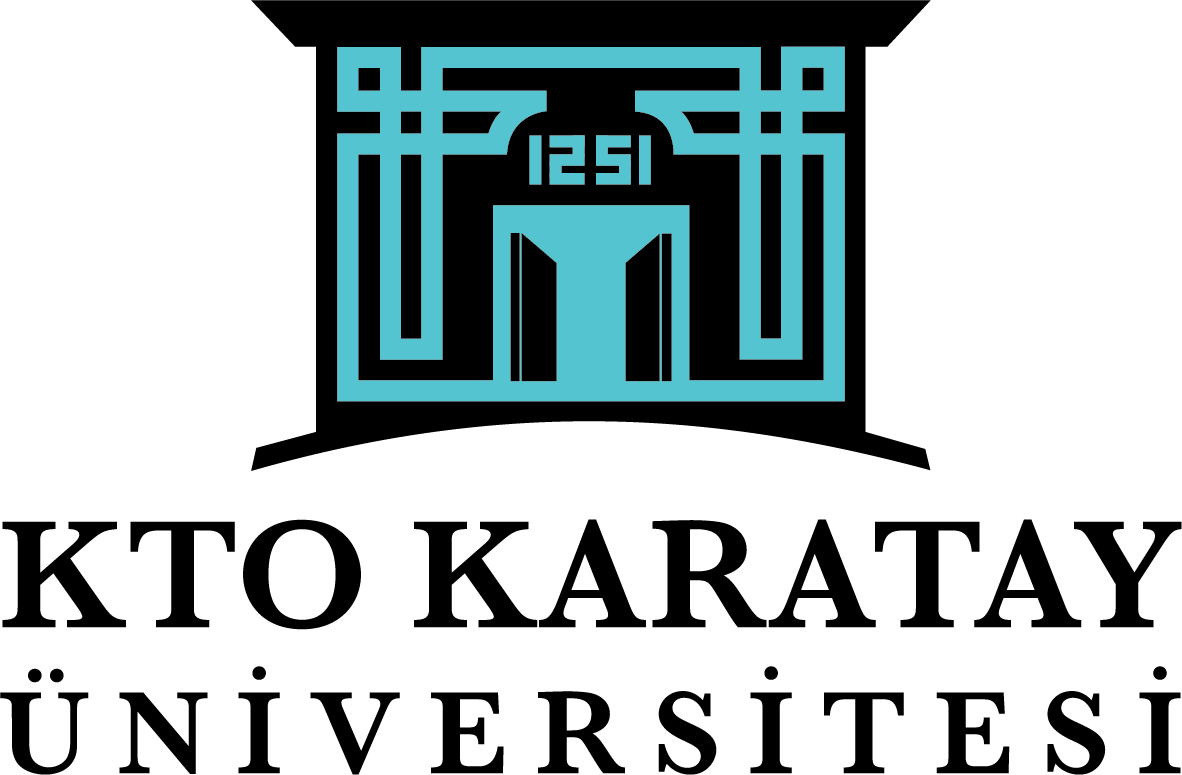| dc.description.abstract | Selenium is a nutritionally essential trace element majorly obtained from food. The bioavailability of selenium to the food chain depends on soil organic-matter content, pH, and selenium speciation, presence of ions that complex with selenium and food-processing. Selenium is a constituent of more than two dozen selenoproteins that have a pleiotropic effect ranging from DNA synthesis to antiinflammatory and antioxidant effects. This aimed to highlight the degree of variation of selenium in Turkish foods. High amounts of selenium were found in pistachio (54.57 µg/g), walnut (30.77 µg/g), fish (25.5 µg/g) and meat (16 µg/g). Bioavailability of selenium is dependent on food source and subject’s nutritional status. This is the first review highlighting the selenium level of in Turkish foods. Data highlighted herein can be used for the assessment of selenium intake in epidemiological research. | en_US |















